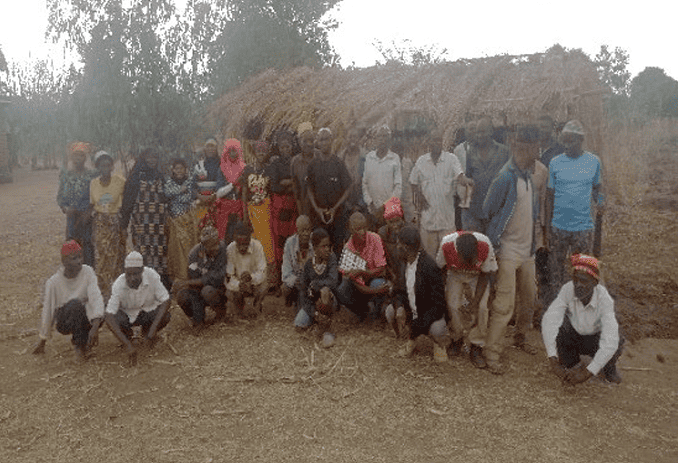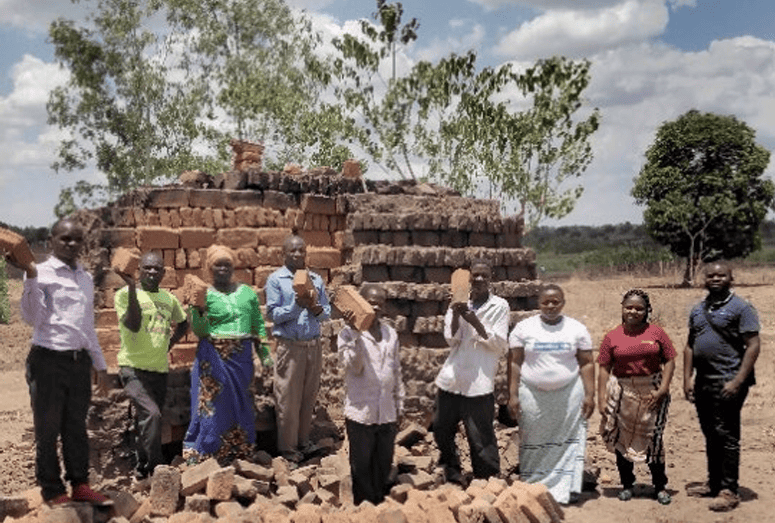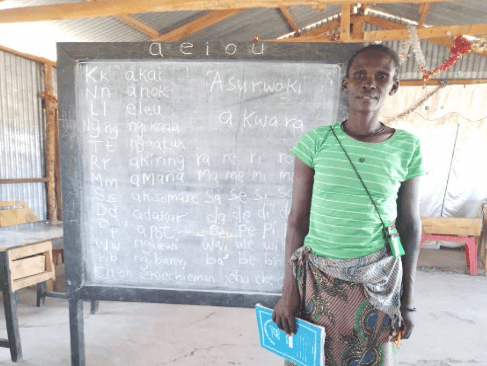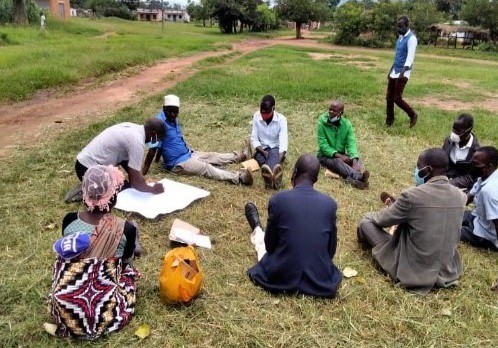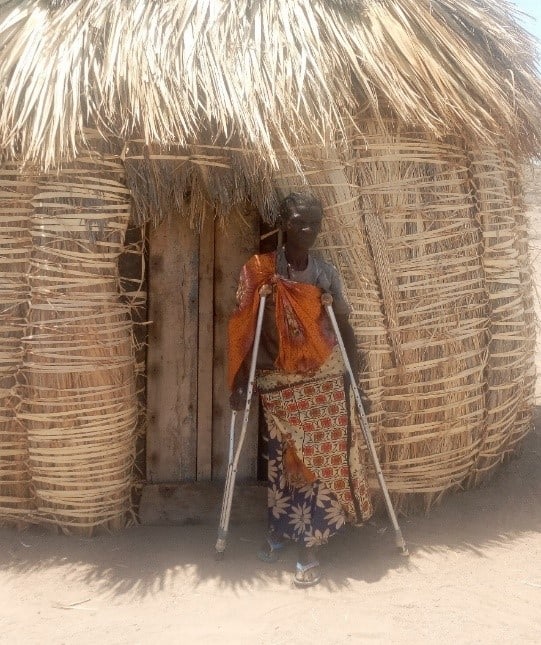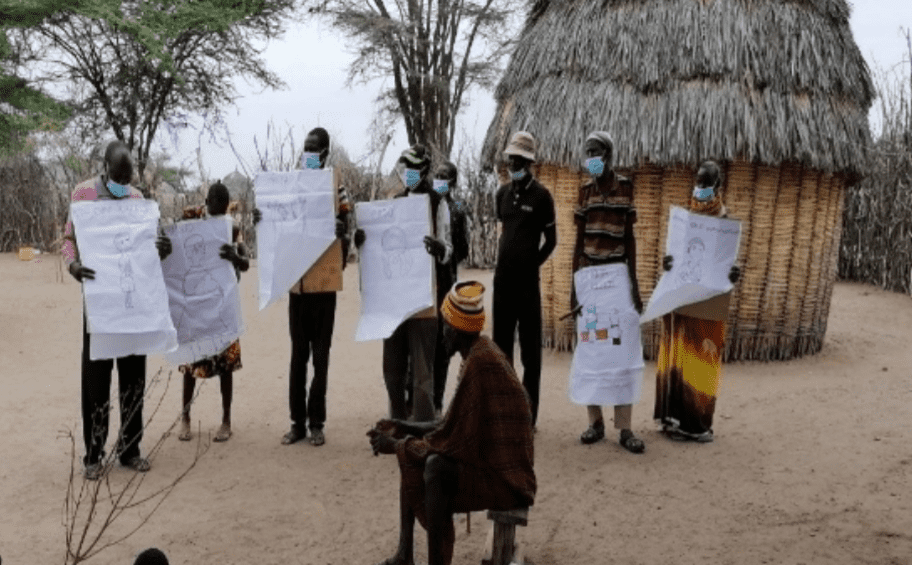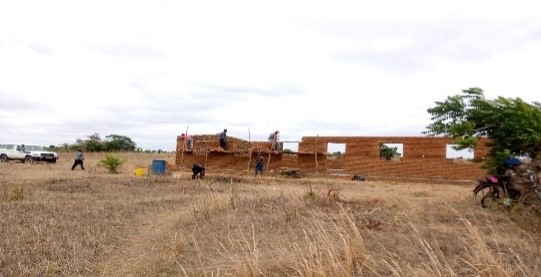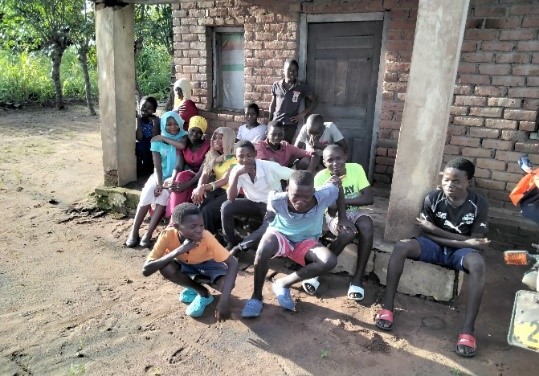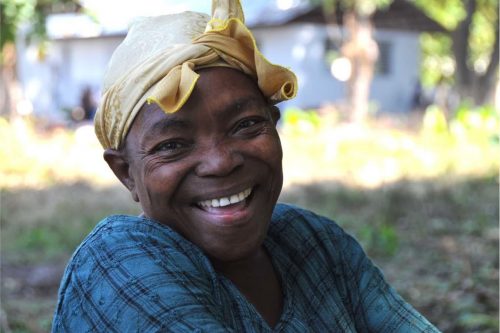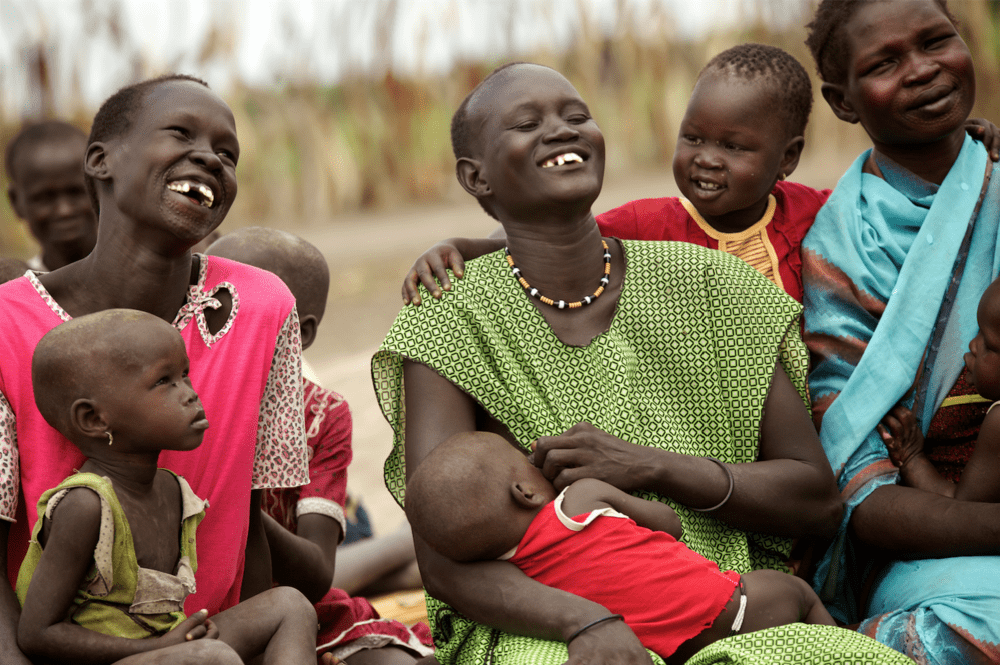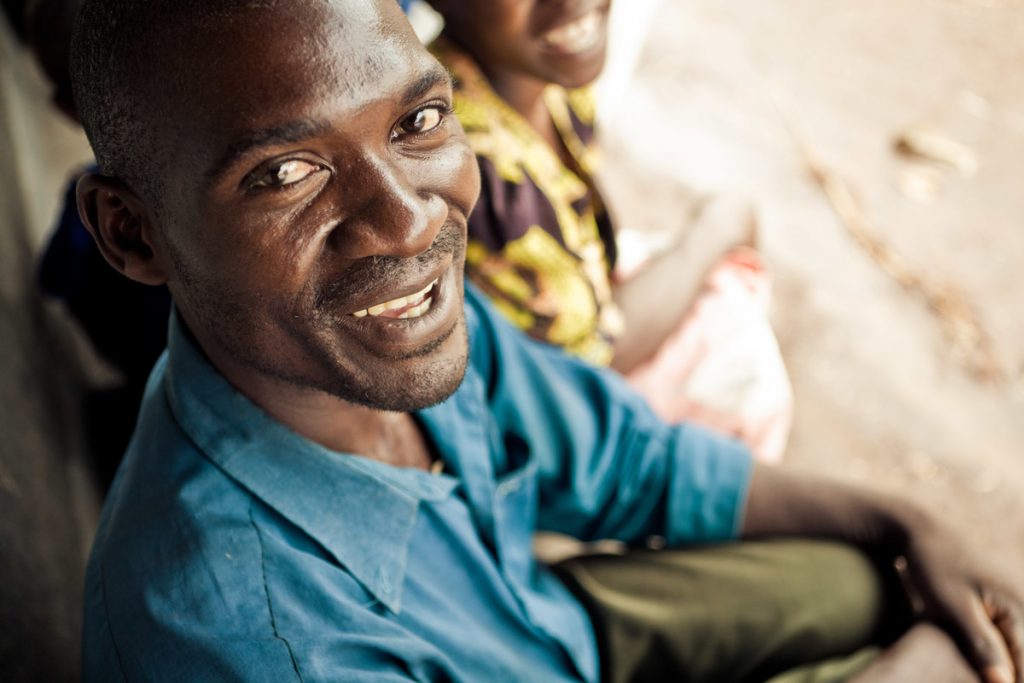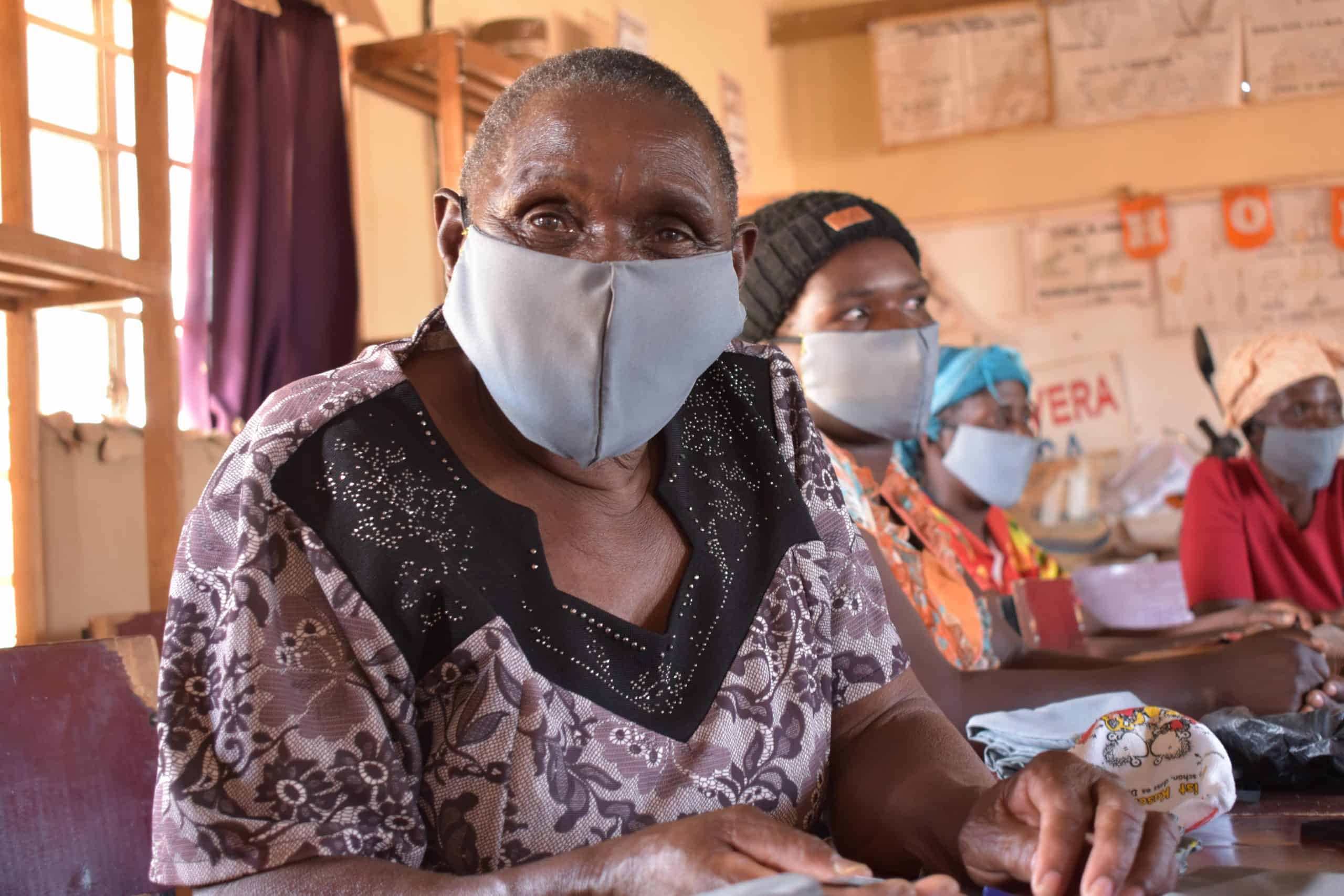SCOPE: Faith Leader Engagement
The Critical Role of Faith Leaders
Faith leaders are often some of the most influential leaders in their communities and are uniquely placed to identify and meet the needs of those in the last mile. Faith leaders and faith communities often play crucial gatekeeping and influencer roles, helping to determine the success of community-based work in middle- and low-income countries. However, regarding health issues, faith leaders may lack the necessary skills and knowledge to engage in helpful ways. The USAID-funded SCOPE Project aimed to engage faith communities in its efforts to increase demand for RMNCH services and create an enabling environment for social norm change related to family planning. The project did so through two activities, Making Our Communities Better and Family Life Education (FLE). When faith leaders are engaged as true long-term partners in this work, they shift from being potential obstacles or bottlenecks to being the best allies and partners on the ground.
How Faith Leaders Impact Survival Outcomes
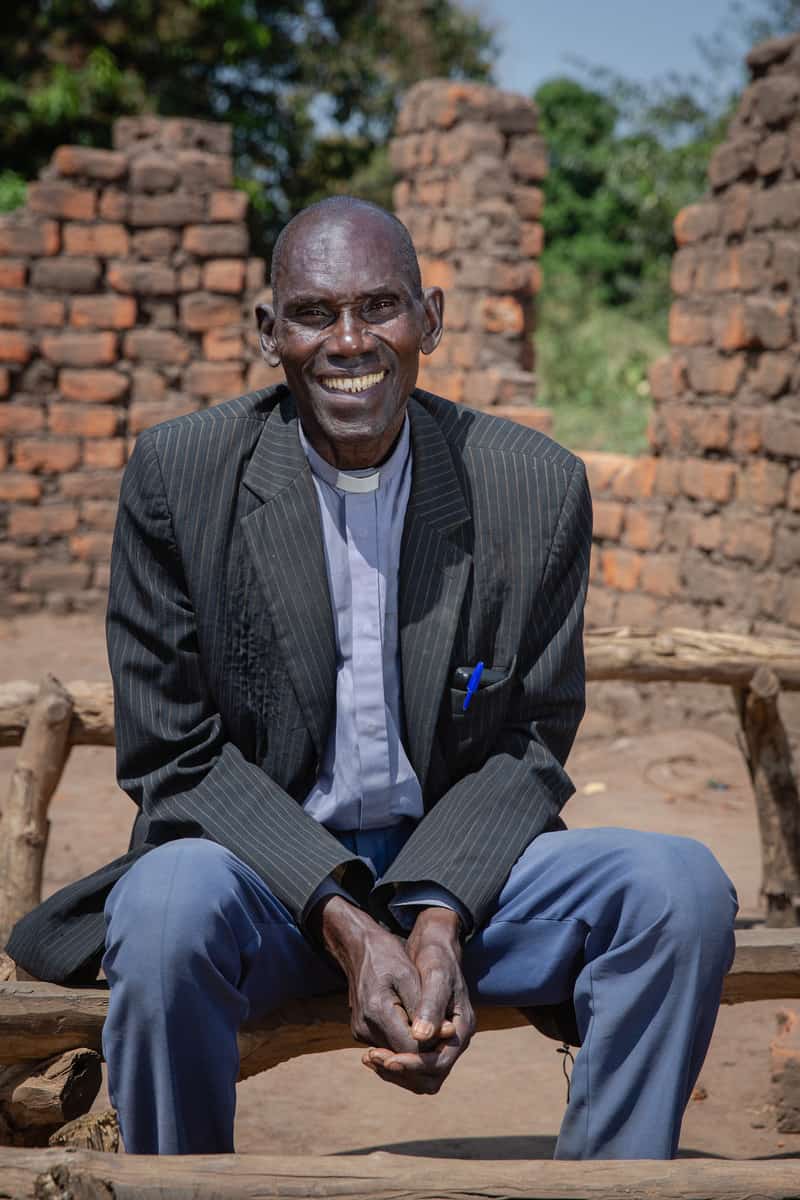
Mobilizing Faith Communities for Community Development
The Making Our Communities Better workshops helped faith leaders understand the importance of mobilizing their congregations and communities. As a result of participating in this training, faith leaders recognized that they were able to influence a strong force of volunteers able to serve in their communities. Mobilizing their members and other willing leaders in the community became essential when recruiting volunteers for other interventions later in the SCOPE Project.
Moreover, the activity promoted using locally available resources to address community needs. After the training, faith leaders also worked with other community leaders to mobilize resources from within their communities to mend roads, build bridges, and encourage girls to return to school.
Increasing Demand for Services
Faith leaders often have a critical role in motivating (or deterring) community members to seek and access health services. SCOPE used FLE to motivate and build the capacity of faith leaders and faith communities to engage with key RMNCH issues. These tools were designed to deconstruct religious and social barriers to health and equitable gender relations and to equip faith communities to respond compassionately and practically to the serious RMNCH challenges in their communities. As a result, there was increased demand for family planning and sexual and reproductive health services in all communities where the Project was implemented.
Supporting Positive Social-Behavior Change on the Community Level
Cultural and religious beliefs and practices can be barriers to social-behavior change, while faith leaders often have the moral authority to raise awareness and influence attitudes, behaviors, and practices. With proper tools such as FLE at their disposal, leaders can leverage their authority constructively. The curriculum contributed to breaking some of the harmful beliefs, religious practices, and social barriers that have contributed to serious RMNCH challenges within these communities. SCOPE’s curriculum equipped faith actors with the knowledge and skills to support positive shifts in behavior that can have a lasting effect on critical health issues.
Providing a Key Source of Referrals
Once mobilized and trained, faith leaders are a source of linkage between the community and health system, as they become a mechanism of the local referral system. Faith leaders not only provided evidence-based information to their communities, but were also trained to make referrals from the communities to the CHWs and nearest health facilities. In this way, they can speak to the local community’s faith and values while acknowledging that trained health professionals best tackle issues related to health and illness. This referral relationship strengthened CHWs’ work and highlighted the intersectionality between key influencers who can drive social norm change. Faith leaders are also encouraged to provide linkages to broader community groups such as Care Groups and couples’ groups.
Faith Engagement Throughout SCOPE
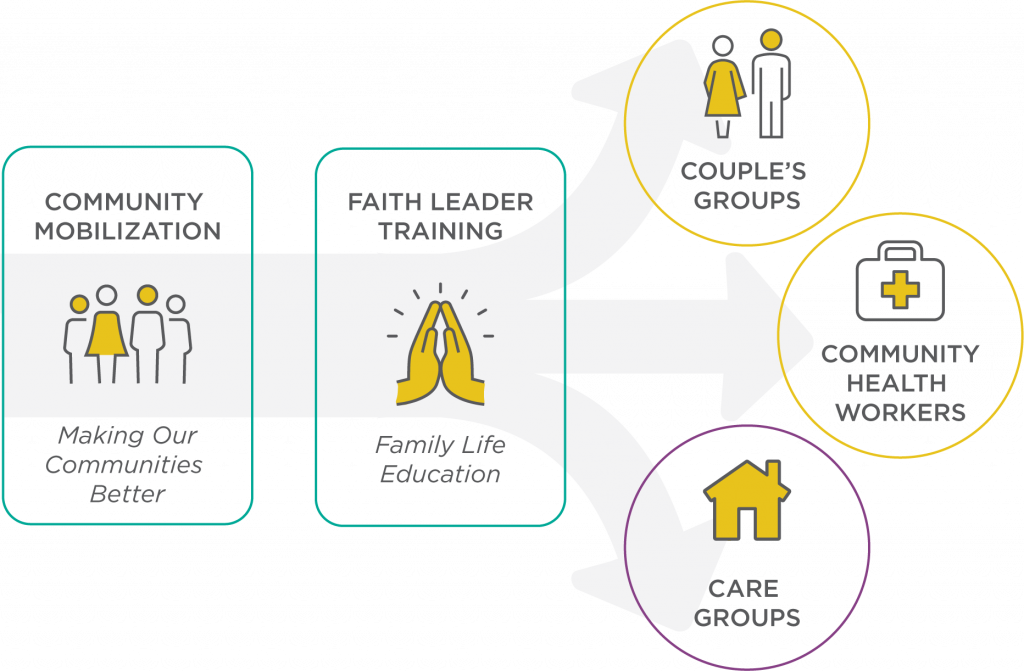
Making Our Communities Better
Before implementing project activities, SCOPE mobilized faith communities through Making Our Communities Better, a World Relief-developed vision casting model for leaders. This curriculum was adapted for SCOPE to address maternal and child morbidity and mortality drivers among Christian and Muslim communities. This faith-led community development tool builds sustainable community structures for health and other social services that address root influencers of behavior and transformation.
Vision casting gives faith leaders exposure to community-based development issues so they could get insights into how influential and important they are in speaking to these issues. The goal was for faith leaders to actively motivate community members to seek health services, particularly women of reproductive age and mothers of children under five. Making Our Communities Better, a three-day training, engaged faith leaders in peer discussion of real-life case studies designed to inspire a positive response to the health challenges facing women and young children.
The Making Our Communities Better Trainers Guide is available on the Faith Engagement webpage for use by other partners and projects. Resources are also available in Chichewa, Maasai, Kiswahili, and Turkana.
Mobilizing for Change Through Family Life Education
Once faith leaders were mobilized for community development efforts, SCOPE introduced the next level of capacity strengthening: to build their communication skills and lead community dialogues on family planning/reproductive health.
This was done using the SCOPE-adapted version of Family Life Education: Teaching Adults to Communicate with Youth from Christian and Muslim Perspectives. Originally developed by FHI 360’s YouthNet program for Christian audiences, the curriculum was later adapted by JSI’s Advancing Partners and Communities project for use in Uganda. SCOPE adapted this resource to speak to both Christian and Muslim audiences using Biblical and Quranic references. SCOPE also broadened the audience so that faith leaders were trained not only to speak with youth but also with members of the wider community about RMNCH-related issues.
Because this curriculum had never been used in Haiti, Malawi, South Sudan and Kenya, SCOPE brought together a representative group of over 1,400 faith leaders from faith institutions in a series of workshops to introduce the curriculum, as well as gather feedback to support further contextualization of the material to local contexts. Faith leaders’ response to the curriculum was overwhelmingly positive, but they also gave critical, constructive input to strengthen the material.
Faith Leader Engagement Curriculum
In addition to the English versions below, these resources have been contextualized and translated into local languages for the relevant implementing SCOPE countries (Chichewa, Maasai, Kiswahili, Turkana, Creole and Zande). If you'd like to access copies of these resources please reach out to InfoInternational@wr.org.
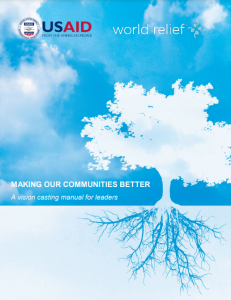
Making Our Communities Better
Helping faith leaders and faith communities understand their role in community development and to envision how improving the health of families, especially mothers and their children, will benefit their communities (available in Chichewa, Kiswahili, Turkana, and Maasai)
Key Results
Teams reported stories of community members turning their knowledge to action. Below is a snapshot of the results of the project’s faith engagement activities across the SCOPE countries:



